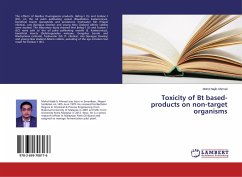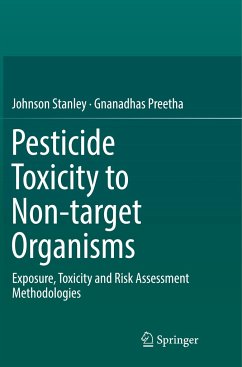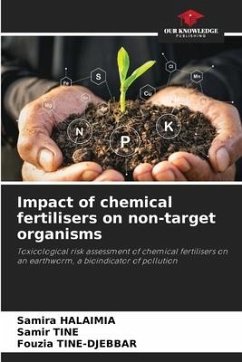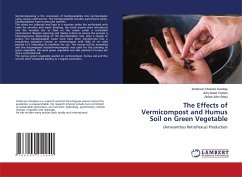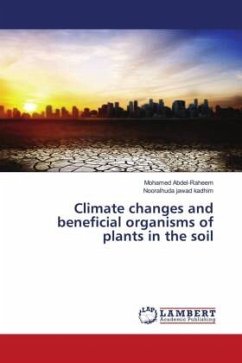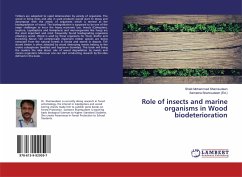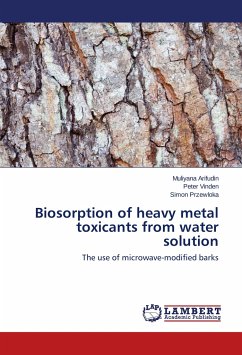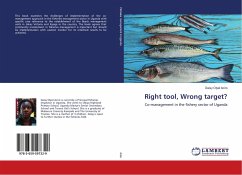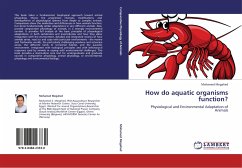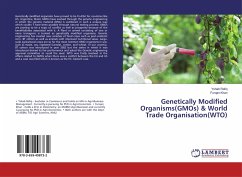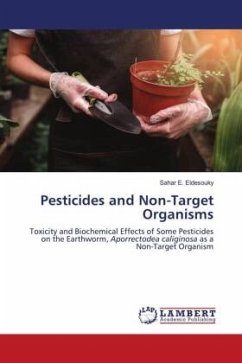
Pesticides and Non-Target Organisms
Toxicity and Biochemical Effects of Some Pesticides on the Earthworm, Aporrectodea caliginosa as a Non-Target Organism
Versandkostenfrei!
Versandfertig in 6-10 Tagen
40,99 €
inkl. MwSt.

PAYBACK Punkte
20 °P sammeln!
Soil invertebrates play a vital role in the decomposition and nutrient cycling processes that are very important for sustaining a healthy soil. Earthworms are ecosystem engineers and one of the most remarkable soil invertebrates used as bio-indicators for environmental pollution. These annelids are true terrestrial animals and do not require liquid water, but depend upon high humidity. Studies on their ability to dispose of xenobiotics will therefore be of some general theoretical interest. Earthworms may easily pick up toxicants through their soft wet skin, but they can probably efficiently e...
Soil invertebrates play a vital role in the decomposition and nutrient cycling processes that are very important for sustaining a healthy soil. Earthworms are ecosystem engineers and one of the most remarkable soil invertebrates used as bio-indicators for environmental pollution. These annelids are true terrestrial animals and do not require liquid water, but depend upon high humidity. Studies on their ability to dispose of xenobiotics will therefore be of some general theoretical interest. Earthworms may easily pick up toxicants through their soft wet skin, but they can probably efficiently excrete unwanted substances through their nephridia, their mucus glands, their coelomic pores or their intestinal tract. Arguably, few studies have evaluated the harmful impact of pesticide applications upon earthworm populations. For this reason, it is important to properly assess pesticide risks to the soil community, and such an assessment should be part of the system of sustainable agriculture. Although for pesticide registration internationally accepted protocols should be used to determine the fate and side effects on biota in tropical soils.



